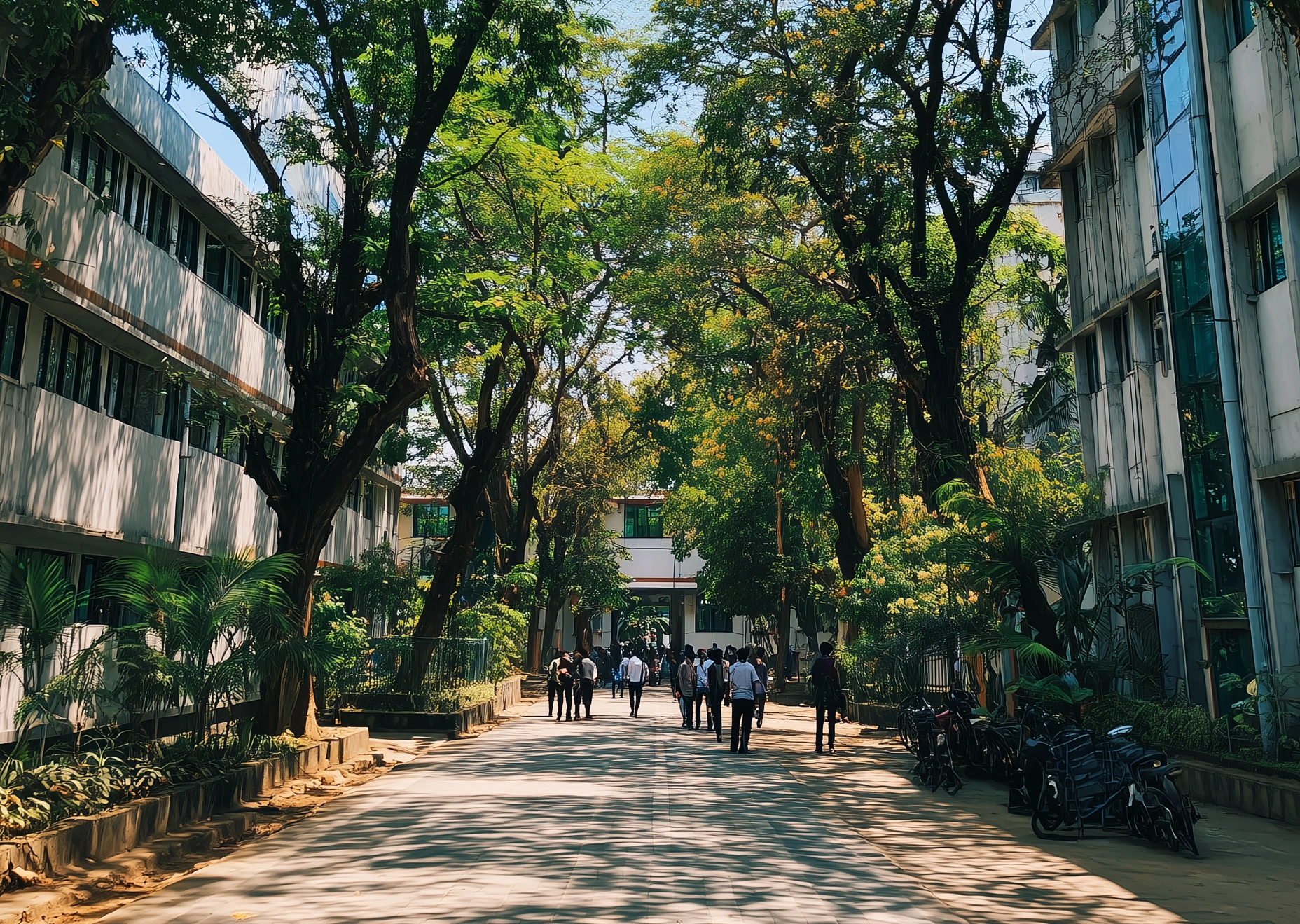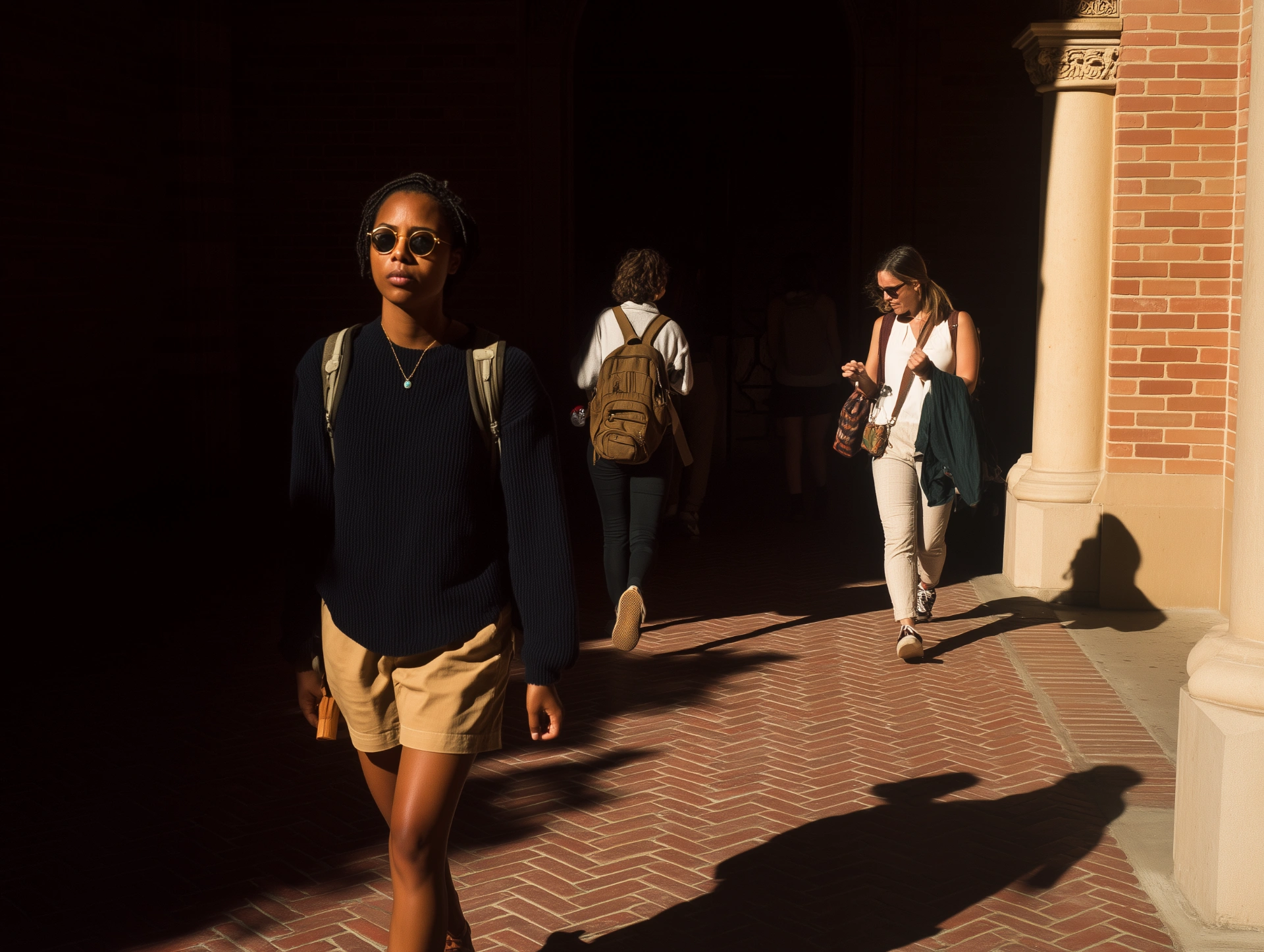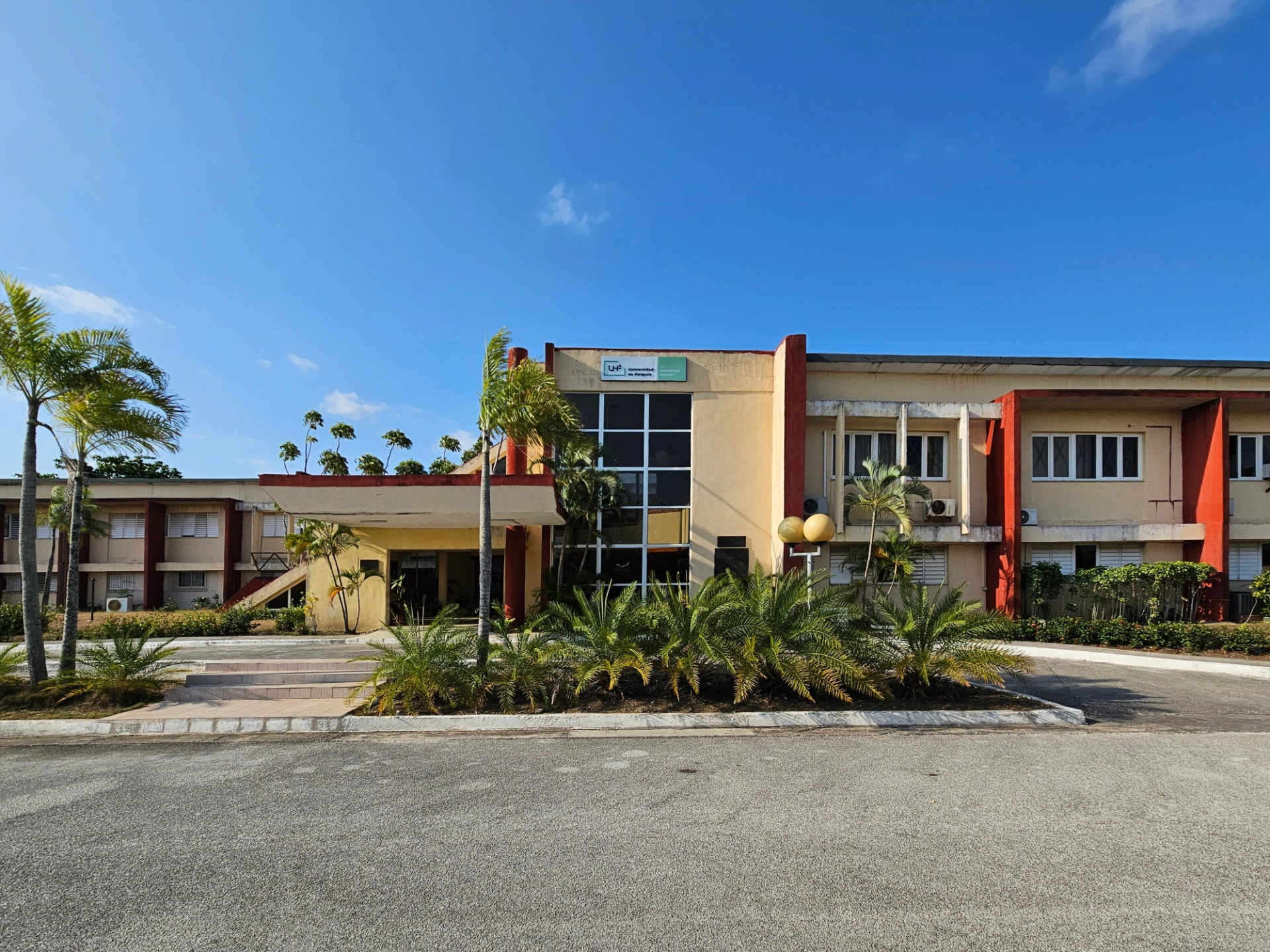Description:
The theme of the conference is Anthropology and Education, a focus that is sparked by the multiple contemporary challenges that we are faced with as a discipline as we seek to teach and educate.
Venue:
Senate House, University of London.
Website:
https://therai.org.uk/conferences/anthropology-and-education/
Panel:
P36 – Change in Educational Policies and Programs and their impact with Special Reference to the Marginalized.
Conference Website:
https://nomadit.co.uk/conference/113/paper/77256
Abstract
Reforms in university access have impacted Cuban society in many ways since the Revolution in 1959. Initially, policies universalised and democratised access to Cuban universities but they became increasingly elitist between 1985-2000. Facing high unemployment rates and other social issues, the government launched a new reform in 2001 to open up universities to those once excluded.
The effects of this Universalization of Higher Education Policy (2001-2010), which formed part of the Third Education Revolution program, have not been fully studied. In this paper, we ethnographically explore some of the effects that the Universalisation of Higher Education as an access policy has had on individuals once excluded by the traditional access system. How do those people experience their university training after being excluded? What opportunities have they had as students and professionals? How does their training change their social engagement?
We address these questions using the anthropology of policy approach (Shore and Wright 1997) to study the effects of that access policy on its beneficiaries. This research is based on fieldwork conducted in 2024 in a peripheral Cuban province. This research aims to fill a gap in ethnographic studies of Cuban higher education policy. At the same time, it will provide grounded knowledge for the policy-making process regarding higher education access in the Cuban context.



